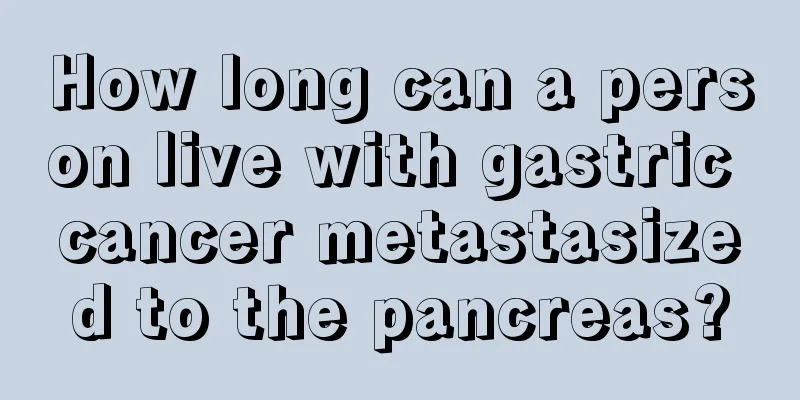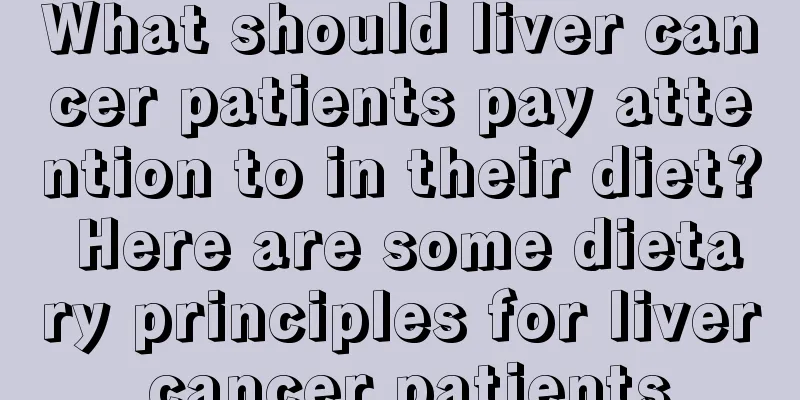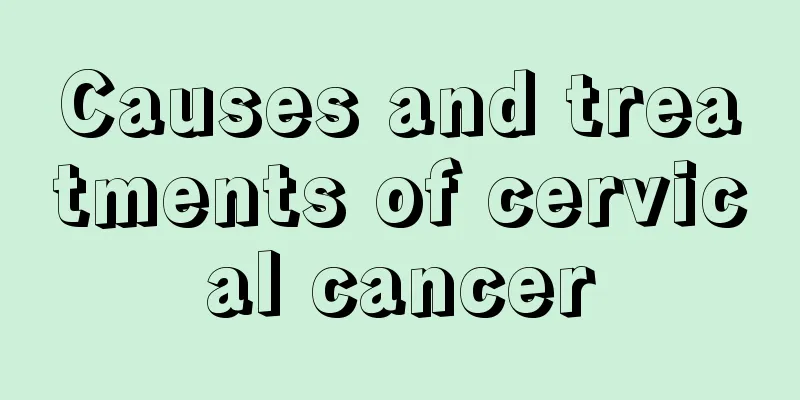What should I do if I have tricuspid regurgitation

|
Patients with tricuspid regurgitation are prone to symptoms of fatigue, gastrointestinal discomfort, bloating and pain in the liver area, and abdominal swelling and edema. Therefore, patients should pay attention to further diagnosis and determine whether treatment measures should be taken based on their condition. 1. Clinical manifestations The signs and symptoms of tricuspid regurgitation are related to the degree of tricuspid regurgitation. Mild regurgitation is not easily detected clinically. More serious cases may cause fatigue, poor appetite, bloating and pain in the liver area, abdominal distension, and lower limb edema. 2. Typical signs There is distended, pulsating jugular veins; an enlarged liver with a palpable pulsation; and a holosystolic blowing murmur at the fourth intercostal space on the left side of the sternum that increases with late inspiration (Carvallo sign). Classic signs may be absent in patients with severe tricuspid regurgitation. If the liver is sclerotic due to long-term congestion, it will no longer pulsate; when the right heart volume load reaches its limit, the murmur will no longer increase with inspiration, so the Carvallo sign can be negative. The radiograph showed right atrium and right ventricle hypertrophy, bulging of the right edge of the heart, and changes caused by other valvular diseases. The electrocardiogram shows atrial hypertrophy, tall and wide P waves; there is also right bundle branch block or right ventricular hypertrophy, and even myocardial strain. Atrial fibrillation is common. 3. Treatment A small amount of reflux does not require treatment. When blood is ejected from the right ventricle into the pulmonary artery, the tricuspid valve will close to prevent blood from returning to the right atrium. Tricuspid valve regurgitation means that when blood is ejected from the right ventricle into the pulmonary artery, it is not closed tightly, and some blood returns to the right atrium. Mild reflux has no symptoms and can be temporarily observed without treatment. If it is severe, it will increase the burden on the right atrium, causing right atrial dilation, and then poor systemic venous return. Severe reflux requires surgical treatment, and drug treatment is useless! |
<<: What fruit is better for myocardial infarction
>>: Metronidazole tablets treat periodontitis, pharmacology is the most important
Recommend
Things to note during sex during normal delivery
Women need a certain period of adjustment after g...
How to wash woolen clothes more cleanly?
I believe that many people have one or two pieces...
What are the essential oils for scar removal
Using some essential oils to remove scars can als...
What will happen if you drink alcohol after getting rabies vaccine
Sometimes people may be bitten by dogs because th...
Can I drink water on an empty stomach during a physical examination?
Generally speaking, in order to make our physical...
Tips for quickly reducing acne swelling
Acne is a facial skin disease that troubles many ...
Why does melanin deposit?
Melanin deposition is an important cause of pigme...
What are the symptoms of spring bamboo shoot poisoning
Spring bamboo shoots taste very crisp and refresh...
What causes dizziness and facial numbness?
Modern people are under great pressure at work an...
What will happen if the virus level is high?
The big three positive virus is a very common liv...
What can a head MRI check for?
Among modern medical technologies, examination te...
Symptoms and causes of blocked tear ducts
Tear duct obstruction is relatively common in cli...
I suddenly feel dizzy and want to vomit. Why?
Excessive stomach acid in the body or poor mental...
How to deal with the strong burning sensation on fingers after cutting peppers
After people cut peppers, if they don't do an...
What causes childhood obesity?
Many children have severe obesity since childhood...









